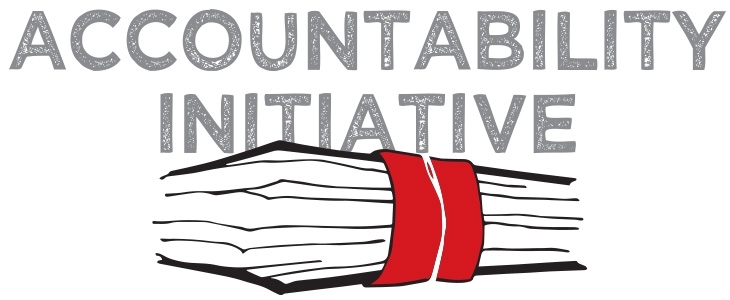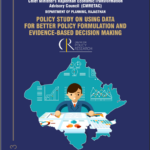
Transparency and Access to Information key to realising the MDGs
27 August 2010
With only five years to go to achieve the Millennium Development Goals, 2010 is a critical year for countries around the world. While many countries have made significant progress towards reducing extreme poverty and hunger, providing access to clean water, improving maternal and child health, combating HIV/AIDs etc, such successes have been uneven across regions and countries. If countries are to achieve the 8 MDG targets by 2015, much more needs to be done. According to the UN MDG Goals Report 2010 “unmet commitments, inadequate resources, lack of focus and accountability…” are responsible for the shortfalls in the progress of many countries.
Prioritising and promoting transparency and the free flow of information may just be one way of fast tracking countries efforts to achieve the MDGs. This was the theme at a recent conference on “Transparency, Free Flow of Information and the MDGs” organised in London from 24-25 August 2010. Organised by Article 19 (an international human rights organisation promoting the freedom of expression and information), the conference brought together leading experts on the MDGs, development, access to information and transparency to brainstorm about how countries, donors, civil society organisations and activists can integrate transparency and access to information into global debates and efforts on the MDGs.
“The UN does not require countries to say how much they are spending on reaching the MDGs. Without budget transparency, recharged efforts to win the MDG race will fall short. We must recognise that there are two problems: not enough money is being spent on achieving the MDGs, and resources that are allocated are being spent in an ineffective or inefficient way”.
 But, in what ways can encouraging the free flow of information really help?
But, in what ways can encouraging the free flow of information really help?
Today there is a substantive body of literature which recognises the critical importance of access to information in enhancing citizen voice and people’s participation in government. Think about it: people need information in order to make informed decisions – whether it’s deciding who to vote for during an election or determining which government policies to support or resist. Access to information is also critical for strengthening accountability relationships between citizens, service providers and policy makers. The World Development Report (WDR) 2004 highlighted the importance of access to information in accountability relationships stating that:”….Better information – that makes citizens more aware of the money allocated to their services, the actual condition of services, and the behaviour of policymakers and providers – can be a powerful force in overcoming clientelist politics”. Put simply, if you know what your local MP is up to – how much money he received as part of his MP local area development fund and how he did (or did not) spent that money – you are better placed to decide whether or not to vote for him in the next election. Recognising the importance of access to information, countries around the world have enacted laws guaranteeing their citizens the right to access information held by the government.
So access to information is important. But how is it relevant to the MDGs?
For one thing there are a lot of people out there who simply don’t know about the MDGs or the fact that their countries have signed up to them. For instance, how many of us know about India’s progress on the MDGs? Setting in place systems at the country level to ensure that there is greater access to information about the MDGs is key to ensuring that there is public interest and oversight of a country’s efforts. Speaking at the London conference, NAC member and MKSS activist, Aruna Roy said: “My neighbours do not know what the MDGs mean. If they don’t know what the MDGs are, how can there be a demand for accountability? So the first demand is communication and information.”
Furthermore, there is not only a lack of awareness in many countries about the MDGs but a paucity of information about how countries are investing and spending to achieve these goals. This has been underscored by the preliminary results of the 6 Question Campaign. Launched in 2009, the 6 Questions Campaign is a first ever effort to test public access to budget information in different countries. From February – June 2010, civil society organisations in 86 countries asked governments a series of 6 questions on their budgets for the MDGs.
The results are quite astonishing: out of 79 countries, 20-40% ignored the requests and refused to provide information; 10-20% said they did not have any information; 40% gave some information and less than 30% gave a proper answer. These results highlight the urgent need for budget transparency to determine how MDG funds are being utilized. According to Helena Hofbauer of the International Budget Project: “The UN does not require countries to say how much they are spending on reaching the MDGs. Without budget transparency, recharged efforts to win the MDG race will fall short. We must recognise that there are two problems: not enough money is being spent on achieving the MDGs, and resources that are allocated are being spent in an ineffective or inefficient way”.
Till date, discussions on transparency, access to information and accountability have been fairly peripheral to the debate on the MDGs. However, given the scale of challenges that need to be overcome by 2015, it seems clear that transparency and access to information are likely to be high on the agenda of the UN Millennium Summit next month.
Mandakini Devasher Surie is a Research Analyst with the Accountability Initiative.





